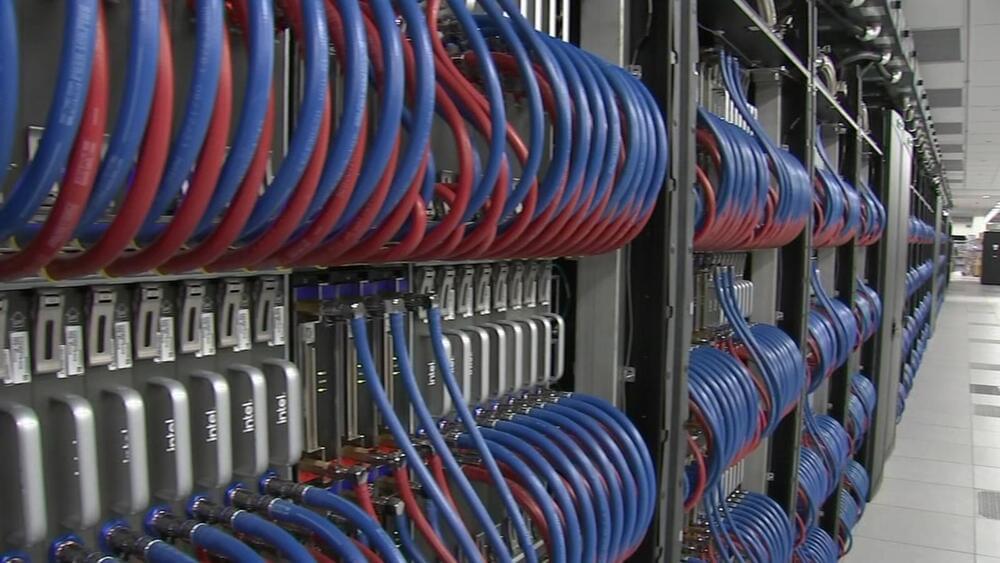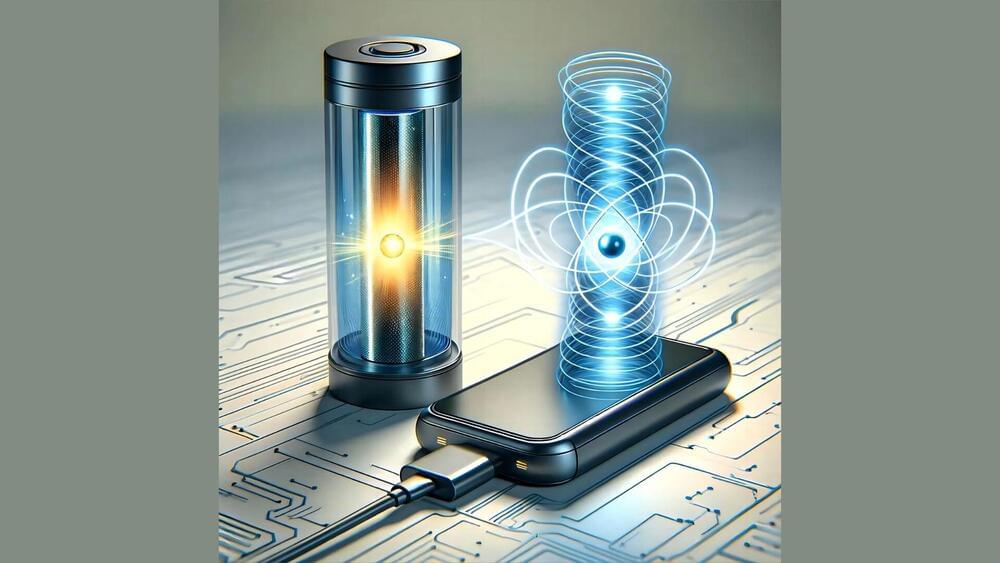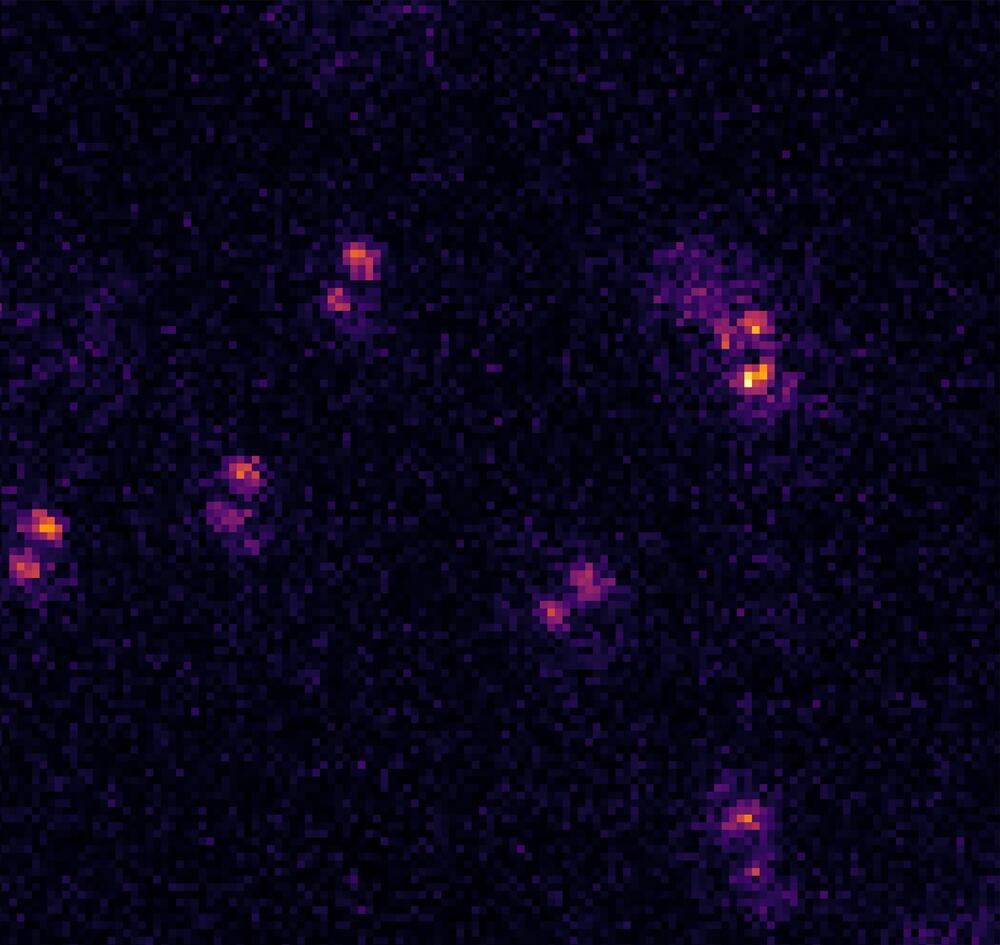Some of the 43 contested acres are landlocked with no public access but with protected plant and animal species. Although SpaceX is proposing swapping the public land for 477 acres, it has not yet purchased that property. None of the land in the deal has beach access, but the 43 acres sit near protected federal land and lagoons that stretch along the coast.
“Through this transaction we are guaranteeing the conservation of 477 acres, which would otherwise potentially be developed into condominiums or strip centers,” Jeffery D. Hildebrand, the Texas Parks and Wildlife Commission chairman appointed by Gov. Greg Abbott, said at the meeting’s close.
The deal started in 2019 as a conversation between the state and SpaceX. But it was finally worked out in 2023, said David Yoskowitz, the Texas Parks and Wildlife Department’s executive director.







